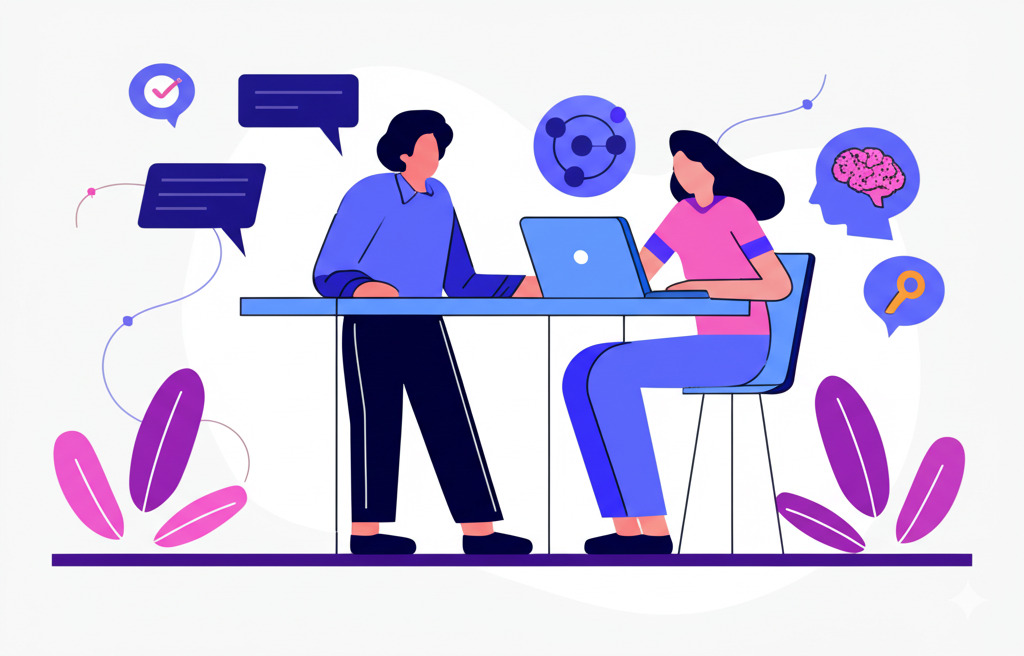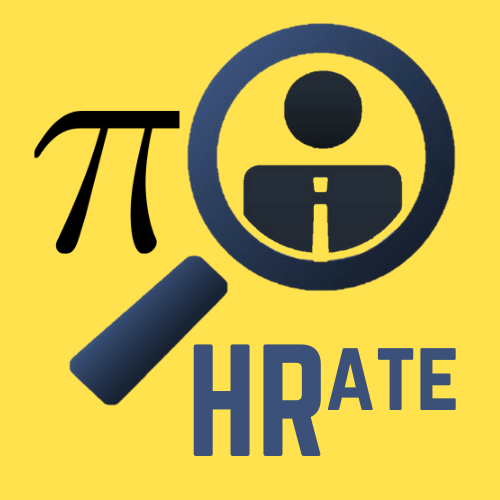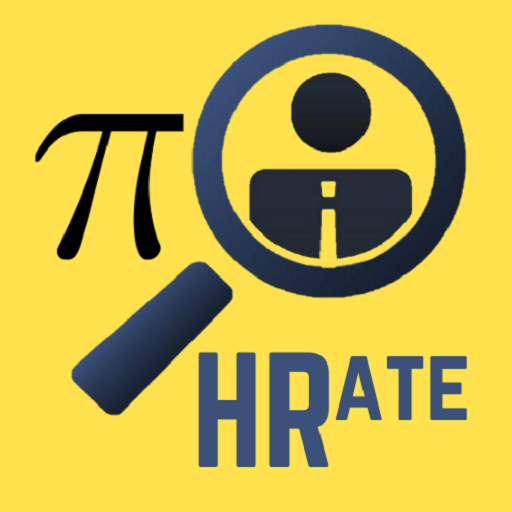The Top Behavioral Interview Questions to Ask in 2025

The hiring landscape is in constant flux. As we look ahead to 2025, the skills and attributes defining top talent continue to evolve, driven by technological advancements, shifting work models, and a greater emphasis on adaptability and emotional intelligence. While traditional interview questions have their place, behavioral interview questions (BIQs) remain the gold standard for predicting future job performance. By asking candidates to recount specific past experiences, you gain concrete evidence of their competencies, problem-solving approaches, and cultural fit – insights far more valuable than hypothetical scenarios or canned answers.
The core principle behind behavioral interviewing is simple: past behavior is the best predictor of future behavior. However, the types of behaviors and skills that are most critical are changing. In 2025, recruiters and hiring managers need to probe beyond the basics. Questions must dig into areas like navigating ambiguity, thriving in hybrid environments, leveraging data and technology ethically, fostering inclusion, and demonstrating continuous learning. This article outlines the top behavioral interview questions, categorized by key competencies, designed to help you identify candidates equipped for success in 2025 and beyond.
Why Behavioral Questions Remain Crucial (Especially Now)
Before diving into the questions, let’s briefly revisit why BIQs are so effective:
- Evidence-Based Assessment: They require candidates to provide specific examples, moving beyond vague claims of skills.
- Predictive Power: Understanding how someone handled a situation in the past offers strong clues about how they might handle similar future challenges.
- Reduced Bias: When used consistently and evaluated against defined criteria (like the STAR method), BIQs can help standardize the evaluation process and reduce interviewer bias compared to unstructured chats.
- Deeper Insight: They reveal not just *what* a candidate did, but *how* they did it – their thought process, decision-making criteria, and interaction style.
In 2025, the ability to assess adaptability, digital fluency, and collaborative skills in potentially remote or hybrid contexts makes well-chosen BIQs more critical than ever.
Key Competencies and Top Behavioral Questions for 2025
Here are categories of essential competencies for 2025, along with targeted behavioral questions. Remember to tailor these to the specific role and level you’re hiring for.
1. Adaptability, Resilience & Navigating Ambiguity
Why it matters: The pace of change isn’t slowing down. Employees need to pivot quickly, handle unexpected setbacks, and operate effectively even when the path forward isn’t perfectly clear. AI integration, market shifts, and evolving customer needs demand flexibility.
- Tell me about a time you had to significantly change your approach mid-project due to unforeseen circumstances. What was the situation, what was the change, and what was the result? (Assesses flexibility, problem-solving under pressure)
- Describe a situation where you faced a major setback or failure at work. How did you react, what did you learn from it, and how did you move forward? (Assesses resilience, accountability, learning from mistakes)
- Give an example of a time you had to work on a task or project with unclear instructions or goals. How did you seek clarity, make progress, and manage the ambiguity? (Assesses proactiveness, critical thinking, comfort with uncertainty)
- Tell me about a time you received constructive feedback that was difficult to hear. How did you process it, and what changes, if any, did you make based on that feedback? (Assesses coachability, self-awareness, growth mindset)
- Describe a time you had to quickly learn a new technology, tool, or process to do your job effectively. How did you approach the learning process, and how successful were you? (Assesses learning agility, tech adoption)
2. Remote/Hybrid Work Effectiveness & Digital Collaboration
Why it matters: Whether fully remote or hybrid, work often involves collaborating across distances and relying heavily on digital tools. Assessing a candidate’s ability to communicate clearly, stay organized, build relationships virtually, and use technology effectively is crucial.
- Describe a complex project you worked on with team members who were primarily remote or in different time zones. How did you ensure clear communication, maintain alignment, and track progress effectively? (Assesses virtual communication, organizational skills, cross-functional collaboration)
- Tell me about a time you had to build rapport or trust with a colleague or stakeholder you primarily interacted with virtually. What steps did you take? (Assesses virtual relationship building, communication skills)
- How do you stay focused and manage your time effectively when working remotely or in a hybrid setup with potential distractions? Give a specific example of a challenge you faced and how you overcame it. (Assesses self-discipline, time management, autonomy)
- Describe a situation where you used a specific digital collaboration tool (e.g., Slack, Teams, Asana, Miro) to solve a problem or improve a team process. What was the tool, the problem, and the outcome? (Assesses digital fluency, process improvement mindset)
- Tell me about a time a miscommunication occurred due to relying on digital channels (email, chat). How did you identify it, and what did you do to resolve it and prevent it from happening again? (Assesses communication clarity, problem-solving, awareness of digital communication pitfalls)
3. Collaboration & Teamwork
Why it matters: Innovation and complex problem-solving rarely happen in isolation. The ability to work effectively with others, handle conflict constructively, and contribute positively to team goals remains paramount, especially in diverse and potentially distributed teams.
- Describe a time you disagreed with a teammate or colleague on an important issue. How did you handle the disagreement, and what was the outcome? (Assesses conflict resolution, communication, respect for differing opinions)
- Tell me about a time you went above and beyond your specific role to help a team member or ensure the success of a team project. What motivated you? (Assesses teamwork, initiative, commitment)
- Give an example of a time you had to work closely with someone whose working style was very different from yours. How did you adapt and collaborate effectively? (Assesses adaptability, interpersonal skills, appreciation for diversity of thought)
- Describe a successful team project you were part of. What was your specific role, what contributions are you most proud of, and what factors made the team successful? (Assesses understanding of team dynamics, self-awareness of contributions)
- Tell me about a time you had to give difficult feedback to a peer. How did you approach the conversation, and what was the result? (Assesses communication skills, courage, relationship management)
4. Problem Solving, Critical Thinking & Decision Making
Why it matters: Businesses face complex challenges requiring analytical thinking, sound judgment, and the ability to devise effective solutions. In 2025, this often involves interpreting data and understanding the implications of technology (like AI).
- Describe a complex problem you had to solve recently. Walk me through your process for understanding the problem, identifying potential solutions, and choosing the best course of action. (Assesses analytical skills, process thinking, judgment)
- Tell me about a time you used data to make a significant decision or influence a stakeholder. What data did you use, how did you analyze it, and what was the impact of your decision? (Assesses data literacy, analytical skills, influencing skills)
- Give an example of a time you had to make an important decision with incomplete information. What was the situation, what decision did you make, and what was the outcome? (Assesses risk assessment, decisiveness, judgment under pressure)
- Describe a time you identified a potential problem or risk before it became a major issue. What steps did you take to mitigate it? (Assesses proactiveness, foresight, risk management)
- Tell me about a time you had to evaluate the potential benefits and drawbacks of adopting a new technology or tool for a specific task or project. What factors did you consider? (Assesses critical thinking regarding technology, strategic thinking)
5. Communication (Written, Verbal, Presentation)
Why it matters: Clear, concise, and persuasive communication is the bedrock of almost every role. This includes tailoring messages to different audiences, listening actively, and presenting information effectively, often across digital platforms.
- Tell me about a time you had to explain a complex technical concept to a non-technical audience. How did you ensure they understood? (Assesses ability to simplify complexity, audience awareness)
- Describe a situation where you had to persuade a stakeholder or team to adopt your idea or recommendation. What was your approach, and what was the result? (Assesses influencing skills, persuasive communication)
- Give an example of a time you had to write an important report, email, or document. How did you structure it to ensure clarity and impact? (Assesses written communication skills, attention to detail)
- Tell me about a time you had to present findings or proposals to a senior leadership team. How did you prepare, and how did the presentation go? (Assesses presentation skills, confidence, strategic communication)
- Describe a situation where active listening helped you resolve a conflict or better understand a colleague’s perspective. (Assesses listening skills, empathy, conflict resolution)
6. Leadership & Influence (Formal or Informal)
Why it matters: Leadership isn’t just for managers. Influencing others, taking ownership, motivating peers, and mentoring colleagues are valuable traits at all levels. Assessing potential for growth and impact is key.
- Tell me about a time you took the lead on a project or initiative, even if it wasn’t formally assigned to you. What prompted you to step up, and what was the outcome? (Assesses initiative, ownership, informal leadership)
- Describe a situation where you had to motivate a discouraged team member or group. What steps did you take? (Assesses empathy, motivational skills, leadership presence)
- Give an example of a time you successfully delegated a task. How did you ensure the person had the necessary information and support, and how did you monitor progress? (Assesses delegation skills, trust, empowerment – relevant for managers/team leads)
- Tell me about a time you mentored or coached a colleague. What skills or knowledge did you help them develop? (Assesses coaching ability, generosity, investment in others)
- Describe a time you had to drive change within your team or organization. What challenges did you face, and how did you overcome resistance? (Assesses change management skills, influence, resilience)
7. Learning Agility & Continuous Improvement
Why it matters: Skills have shorter shelf lives than ever. Candidates who demonstrate a curiosity, a drive to learn, and an ability to apply new knowledge quickly are invaluable assets in a rapidly evolving world.
- Tell me about a new skill or area of knowledge you’ve proactively sought to learn in the past year. Why did you choose it, how did you learn it, and how have you applied it? (Assesses curiosity, initiative, self-directed learning)
- Describe a time you identified an opportunity to improve a process or workflow. What was the inefficiency, what was your proposed solution, and what was the result? (Assesses continuous improvement mindset, proactiveness, critical thinking)
- How do you stay updated on industry trends, new technologies (like advancements in AI relevant to your field), or best practices in your profession? Give specific examples. (Assesses commitment to professional development, industry awareness)
- Tell me about a time you applied something you learned from a mistake to a future situation. (Assesses learning from experience, growth mindset)
8. Diversity, Equity & Inclusion (DEI)
Why it matters: Building inclusive workplaces where diverse perspectives are valued is not just an ethical imperative but a driver of innovation and performance. Assessing a candidate’s awareness and commitment to DEI is increasingly important.
- Describe a time you worked on a diverse team. What steps did you take to ensure everyone felt included and heard? (Assesses inclusivity, collaboration skills, awareness of diverse perspectives)
- Tell me about a situation where you recognized a potential bias (in yourself or a process) and took action to address it. (Assesses self-awareness, commitment to fairness, proactiveness)
- Give an example of how you have contributed to creating a more inclusive environment in a previous role or team. (Assesses understanding of DEI principles, practical application)
- Describe a time you had to consider the needs or perspectives of users or stakeholders from different backgrounds when developing a product, service, or communication. (Assesses empathy, user-centricity, inclusive design thinking)
9. Ethical Judgement & Integrity
Why it matters: Trust is fundamental. With increasing complexities around data privacy, AI ethics, and corporate responsibility, ensuring candidates demonstrate strong ethical principles is non-negotiable.
- Describe a situation where you faced an ethical dilemma at work. What were the conflicting issues, how did you approach the situation, and what was the outcome? (Assesses ethical reasoning, integrity, courage)
- Tell me about a time you had to uphold a company policy or standard that you didn’t necessarily agree with personally. How did you handle it? (Assesses professionalism, understanding of boundaries, integrity)
- Give an example of a time you prioritized data privacy or security in your work, perhaps even when it made things less convenient. (Assesses awareness of data ethics, responsibility)
- Describe a situation where you witnessed something that didn’t seem right or ethical. What did you do? (Assesses integrity, courage, judgment)
Asking Questions Effectively: Beyond the List
Having the right questions is only half the battle. How you ask them and evaluate the answers is equally important.
- Set the Stage: Briefly explain the behavioral interview format and why you’re asking these types of questions. Encourage candidates to be specific.
- Listen Actively: Pay close attention not just to the story but also the candidate’s tone, level of detail, and self-awareness.
- Use the STAR Method for Evaluation: Train yourself and other interviewers to listen for answers structured around:
- Situation: What was the context?
- Task: What specific task or challenge were they facing?
- Action: What specific actions did *they* take? (Focus on “I” statements, not “we”).
- Result: What was the outcome? What did they learn?
- Ask Probing Follow-Up Questions: Don’t accept vague answers. If a candidate isn’t providing enough detail, ask clarifying questions like:
- “Can you tell me more about your specific role in that?”
- “What were you thinking at that point?”
- “How did you measure the success of that?”
- “What was the biggest challenge you faced during that process?”
- “What would you do differently next time?”
- Take Detailed Notes: Record specific examples and STAR components. This allows for objective comparison between candidates later.
- Ensure Consistency: Ask core behavioral questions consistently across all candidates for a given role to ensure fairness.
- Focus on Relevance: While the list provides a broad range, prioritize questions most relevant to the specific challenges and requirements of the role you’re filling.
Red Flags to Watch For
While listening for strong STAR examples, also be aware of potential red flags:
- Vagueness/Hypotheticals: Inability to provide specific examples, resorting to “I usually…” or “I would…” instead of “I did…”.
- Blaming Others/Lack of Accountability: Consistently attributing failures or challenges solely to external factors or other people.
- Focusing on “We” Too Much: Difficulty articulating their individual contribution to team efforts.
- Lack of Reflection/Learning: Failing to identify lessons learned from experiences, especially challenging ones.
- Inconsistent Answers: Stories that contradict each other or information on their resume.
- Poor Communication in the Answer Itself: Rambling, disorganized answers can be indicative of communication skills, even if the story itself is relevant.
Conclusion: Hiring for the Future
Selecting the right talent is more critical and complex than ever. As the workplace continues its rapid evolution into 2025, relying on surface-level assessments or gut feelings is a recipe for costly hiring mistakes. Behavioral interview questions, when thoughtfully chosen and skillfully applied, provide a powerful lens into a candidate’s true capabilities and potential.
By focusing on competencies like adaptability, digital collaboration, critical thinking informed by data, inclusive behavior, and continuous learning, you can build a robust interview process that identifies individuals who will not only fill a role but also thrive and contribute to your organization’s long-term success. Remember to use these questions as a starting point, tailor them to your specific needs, evaluate answers rigorously using the STAR method, and always strive to create a positive and respectful candidate experience. Investing in a strong behavioral interviewing strategy today is investing in the strength and resilience of your workforce tomorrow.



